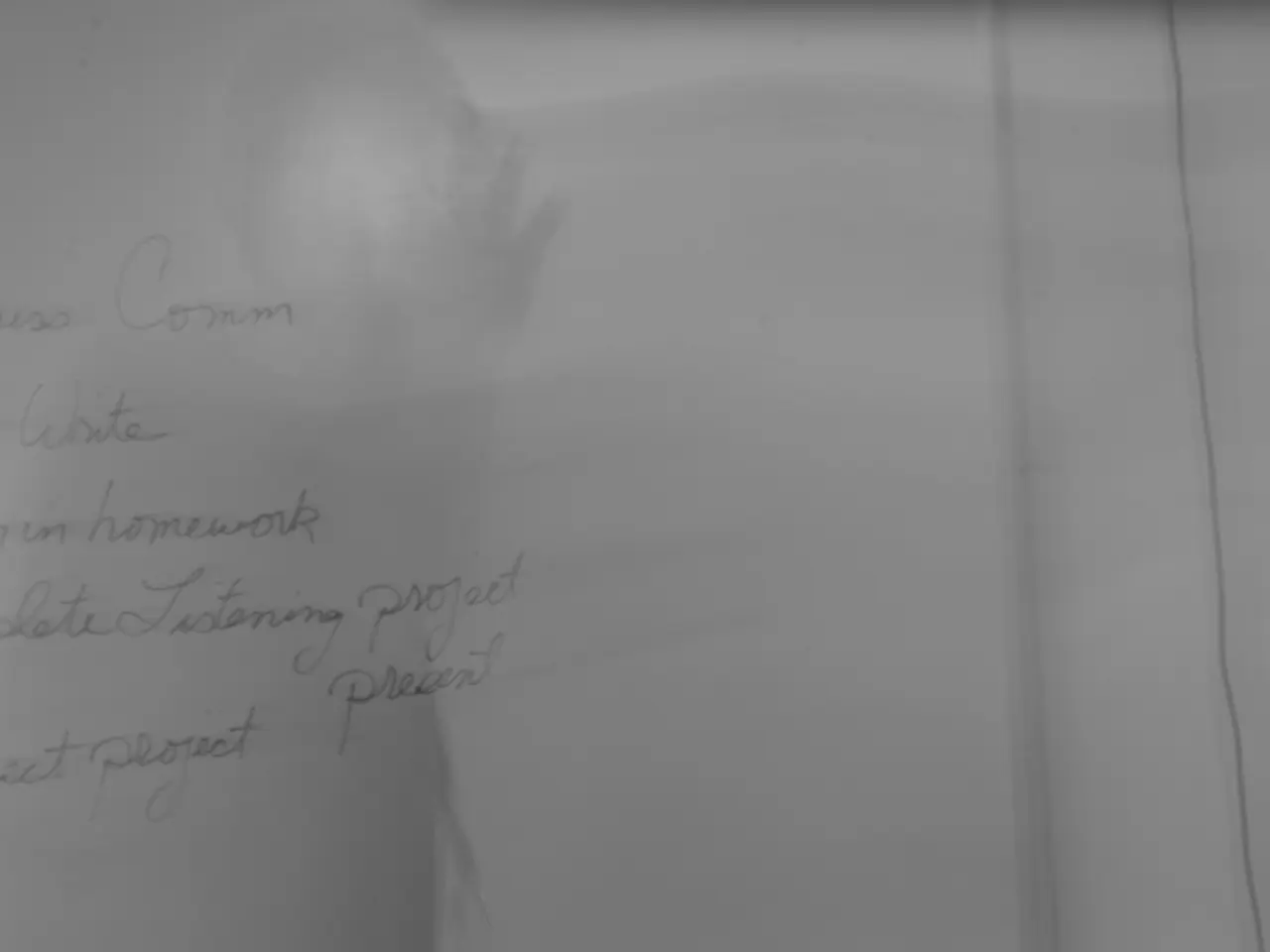Increased monetary donations still on the agenda
German Government Announces No Additional Funds for Health Insurance Contributions in 2025
The coalition factions of the black-red government have announced that the federal budget for 2025 will not provide additional funds for health insurance contributions. This decision was made following the final committee deliberations in the Bundestag.
The current reserves for health insurance funds are at least 0.2 months' worth of expenditures, with a surplus of 2.8 billion euros as of the end of June. However, this surplus will be used to replenish the now very low reserves, which are currently at 4.6 billion euros.
Health Minister Nina Warken (CDU) is still pursuing short-term steps to avoid contribution increases starting in January. The upcoming calculations of the so-called "estimates circle" are being targeted to be reached, which always determines an orientation value for the average additional contribution in the following year in the fall.
The General Local Health Insurance Funds (AOK) have warned against a policy of wishful thinking and criticized waiting for money to appear in the federal budget. The head of the German Foundation for Patient Protection, Eugen Brysch, accused the government of reality denial and said that without tax funds, the lights will go out in health and long-term care insurance.
In the first half of the year, expenditures for hospital treatments increased by 9.6% to 54.5 billion euros, while expenditures for medical treatments in practices increased by 7.8% to nearly 27 billion euros. Expenditures for pharmaceuticals increased by 6% to 28.9 billion euros.
The federal government is already providing additional funds from the budget on top of the regular annual allowance of 14.5 billion euros for 2025 and 2026. The head of the Techniker Krankenkasse, Jens Baas, suggested that the reduced value-added tax for the catering industry could be applied to medicines.
The expert group agreed upon in the coalition agreement to develop long-term reforms for the financing of the statutory health insurance system and deliver results starting September 2025 is called the "FinanzKommission Gesundheit" (Finance Commission for Health). The expert commission will start in September and present results in the spring of 2026, not 2027.
The coalition factions and the coalition committee have reaffirmed their goal of keeping contributions as stable as possible after the recent significant increases in 2026. Solutions will be sought in the upcoming consultations on the 2026 budget, with the goal to avoid a contribution increase starting in January for both health insurance and long-term care insurance. The head of the German Social Association, Michaela Engelmeier, said that loans are no solution and that insurance-related services should be paid for with tax funds.
Read also:
- Peptide YY (PYY): Exploring its Role in Appetite Suppression, Intestinal Health, and Cognitive Links
- Toddler Health: Rotavirus Signs, Origins, and Potential Complications
- Digestive issues and heart discomfort: Root causes and associated health conditions
- House Infernos: Deadly Hazards Surpassing the Flames








